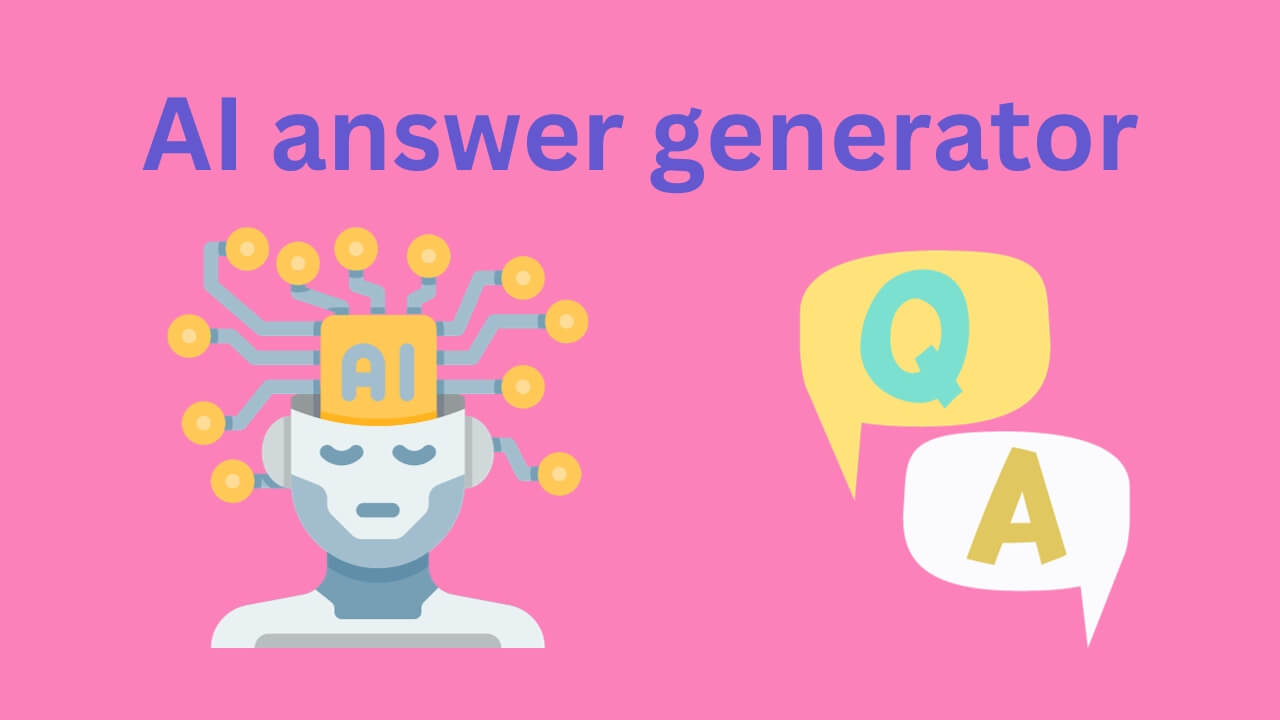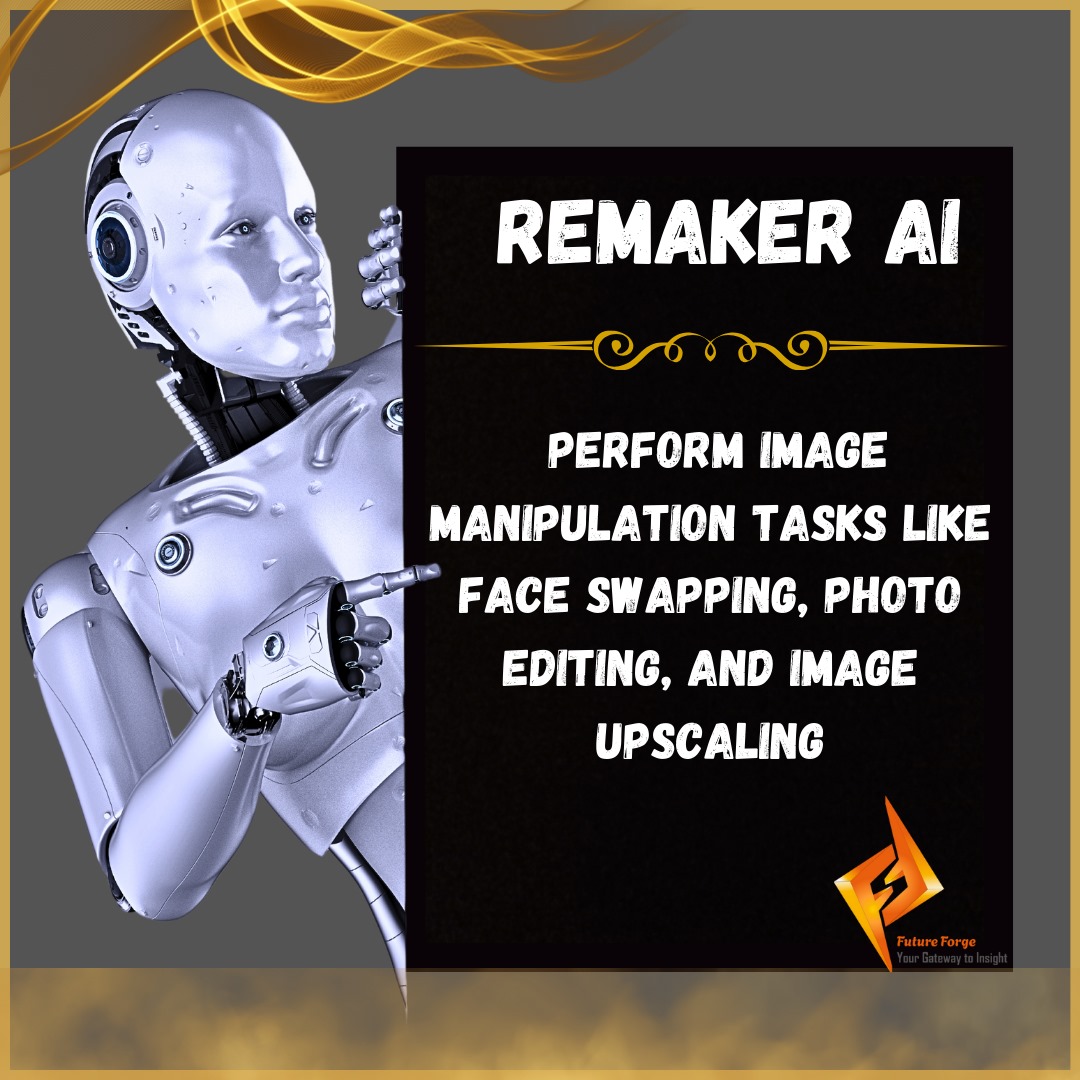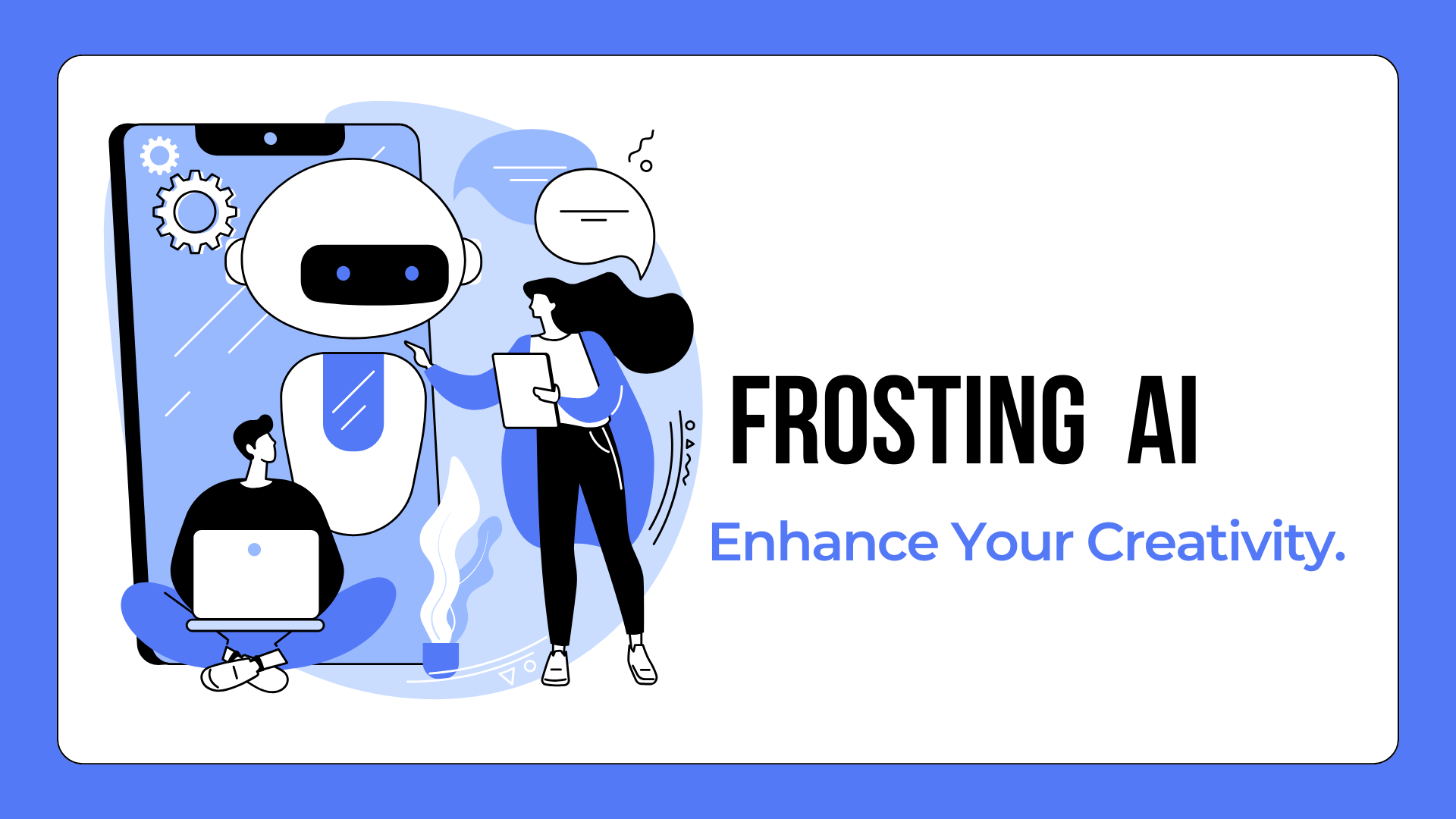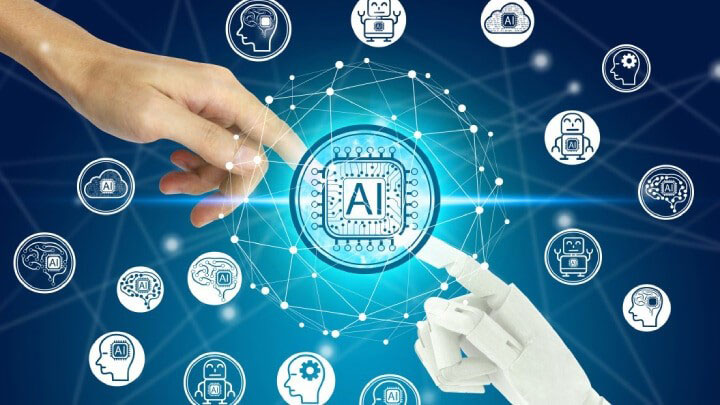Dive into the fascinating world of AI question-answering systems and uncover how they are revolutionizing the way we interact with technology. Explore the advancements in intelligent response generation, their applications across industries, and the profound impact they have on communication, education, and problem-solving. Learn about the future of AI-powered tools and how they continue to shape a smarter, more efficient world.
What is AI Question Answer?
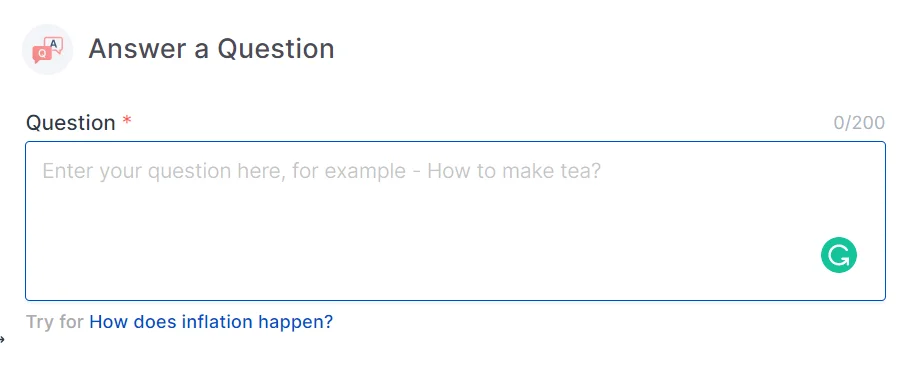
AI question answering is, in a simplified sense, the capability of AI to answer questions as posed by a human being. Such systems can take a variety of forms, such as that of a chatbot, virtual assistant, or even as a dedicated question-answering entity. The marvel, however, lies in how they understand a human question, extract the relevant information from millions of datasets, then put together an in-context answer to that question.
It re-makes the contemporary phase of AI question answering systems by the machine-learning model like GPT-4, built on a huge amount of textual data. In this case, models do match not only keywords but also contextual understanding, with detection of nuances in meaning and a well-formed response. Applications of AI question answering are really wide, from customer support bots to educational tools, and are multiplying at a rapid rate.
How AI Question Answering Works
Well, no magic involved in question-answering using AI, although it may sound like sometimes it does. It instead consists of very complicated algorithms and a lot of data processings. Here is a breakdown on how it works:
Input Understanding
Then, the first step is parsing to answer questions through AI. You can ask something like: “What is the capital of France?” Artificial Intelligence must divide components of that question. “Capital” refers to the city that would be given in a country and that “France” is the country. This is achieved through natural language processes.
Data Retrieval
When the inquiry is clear, the Artificial Intelligence accesses its own repository (which can be anything from a database to the internet and a collection of documents) to see if there is any information relevant to the question. Depending on its mode, then the AI could attempt accessing structured data such as a database or unstructured data such as articles and books.
Answer Generation
Then the AI consolidates its type and produces a respectable answer out of it. When the question is very simple, it might answer a fact. However, the question demands much complication, then such an AI could have been asked to offer a detailed explanation depending on what the user asked or even provide multiple possible answers.
Continuous Learning
One of the coolest things about AI question answering is that it can improve over time. Through machine learning, AI systems can refine their responses based on new data and user interactions. This makes them smarter, more accurate, and more adaptable to different types of queries.
The Different Types of AI Question Answering
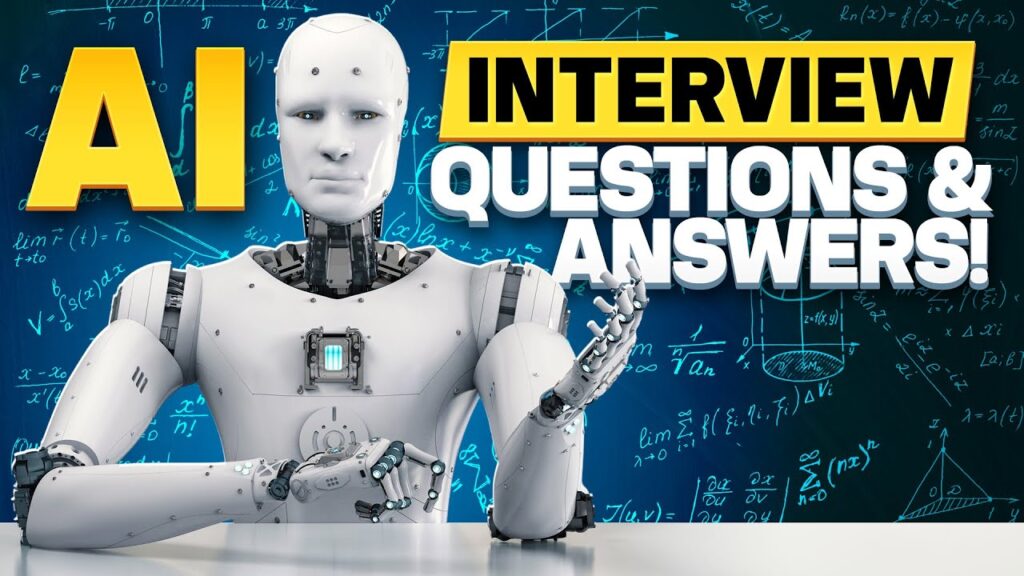
There are different kinds of Artificial Intelligence systems when it comes to asking questions-from simple ones that can give factual answers to complicated systems that can generate more conversational and nuanced interactions. Below is a brief description of some of the commonest types:
1. Fact-Based Question Answering
Such systems are created with the capability of retrieving uncomplicated, factual answers as a response. For instance, while asked, “Who won the Nobel Prize in 2020?” the AI system pulls the right reference (in this case, the Nobel Prize in Peace was awarded to the World Food Programme). These systems depend on structured data and are able to provide answers mostly in one sentence.
2. Contextual Question Answering
A contextual question-answering system is intended for giving more elaborate answers. For instance, if an AI system were asked, “Can you explain quantum computing?” it would probably not just say, “Quantum computing is computing that uses quantum bits”. Instead, the entire detailed explanation will be provided with examples, definitions and even links for further reading. Such systems understand the context of a question and may even vary their response depending on what is available.
3. Open-Domain Question Answering
Broadly speaking, the most general systems are open domain. Systems of this type not only answer questions from a variety of domains but also answer queries on a complete range of subjects which go beyond any domain-specific knowledge required to give those answers. For instance, think of Google’s search engine; here one can ask a wide variety of question-direct-from-asking: “What’s the weather in New York today?” “Explain the theory of relativity,” for example. Open-domain systems rely on large-scale databases and the most sophisticated processing engines to generate responses.
4. Conversational AI
A conversation has shown that an AI system can also extend dialogues with the user. These are usually chatbots or virtual assistants (like Siri or Alexa). Instead of always answering a one-off question, they carry on a conversation: follow-up question, context, change-the-topic understanding as well. This is the most human-like part of an AI question answerer.
The Role of NLP in AI Question Answering
Natural Language Processing has almost become the neural skeleton of all AI question-answering systems. Natural Language Processing enables an artificial system to understand, interpret, and produce a human-like language. It gives that system the capability to comprehend what the user actually intended through his question in order to produce an answer that sounds natural.
NLP comprises major processes such as :
Tokenization: Segmentation of sentences into words or phrases.
Part-of-Speech Tagging: Categorizing each word into word classes (noun, verb, etc.).
Named Entity Recognition: Extraction of Named Entities like names, locations, dates from others.
Dependency Parsing: Grammatical Structure: known as grammatical parsing.
Semantic Analysis: Analyzing meaning in context.
Through these systems, not only does the AI grasp the words of the question but also goes further by picking the nuances of language: slang, idioms, and even humor.
Real-World Applications of AI Question Answering
Now that we are aware of how AI question answering performs, let’s take some real-world implementations that have transformed the industries and everyday life.
1. Customer Support
AI-enabled chatbots are being adapted to serve the growing demand for customer services such as replying to frequently asked questions, simple issues, and more complicated ones should be routed to human agents. Zendesk and Intercom are a few examples of such innovative AI-powered tools in customer support that enhance the user experience.
2. Education
No revolution happens without the involvement, interest, or participation, hence the schools and colleges would also adopt personalized learning in the coming days. Whether it is Duolingo with its language learning or the AI message that sends recommendations for advanced studies at Khan Academy, onward, if one delves into their depths, there will be more revelation in terms of the answers you seek and the explanations for which you ask.
3. Healthcare
On the one hand, one may see an AI-powered system completely answering any question a doctor may ask. It does so, for example, with the IBM application, Watson Health, which performs analysis on all literature in the medical field and sets the diagnosis or treatment plan as appropriate. “Virtual health assistant” applications used nowadays by the companies providing health coverage also answer common questions that customers have about their health statuses.
4. Search Engines
The question answering system of AI is employed by Google, Bing, and many other search engines in their quest for answering a search query rather than giving links. If someone types “Who’s the CEO of Tesla?” into the Google search engine, the answer will appear at the very top of the page in a knowledge panel so that a user does not have to click through link after link.
5. Personal Assistants
Siri, Alexa, and Google Assistant can do more than just entertain with trivia; they answer everything from your minutes to setting up an entire day to running your smart home devices-all courtesy of artificial intelligence. These have been designed specifically to keep the voice command in check and answer you with a prompt answer.
How to Leverage AI Question Answering on Future Forge
We basically facilitate employing that artificial intelligence to control your life for you. Take intelligent question answering, for instance, and see the potentials of AI, from personal learning to direct customer engagement with a little interaction with a system.
Here are some starting points to getting started with the new AI question-answering tools:
Step 1: Sign Up for Access
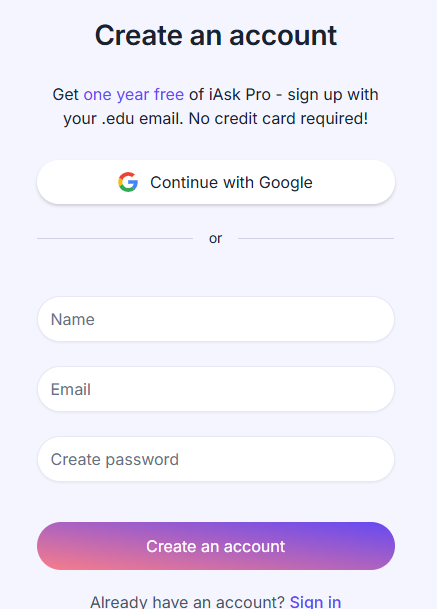
Sign Up in Future Forge and have a collection of AI tools at your disposal to answer all your questions. Whether you want business insights, learn a new skill, or solve a technical issue, we have all the answers for you!
Step 2: Ask Anything
Ask any question on our platform. Not only our AI-powered system fetches the most relevant information, but also provides an insightful, personalized approach by considering the context of your inquiry.
Step 3: Refine and Explore
Ask more in-depth questions and probe further, as well as related questions. Our AI is aimed at deeper understanding rather than insipid answers. Even the learning or problem solving process gets easy and quicker.
Step 4: Get Continuous Updates
AI, indeed keeps learning; Future Forge, too. Our knowledge base keeps updating itself from time to time to ensure that the answer you get is always current, accurate, as well as reflective of the latest trends.
Conclusion
AI question answering simply changes the way people interact with technology. It has become possible using AI to draw intuitive responses from simple questions to complex research material. Its utility ranges from personal assistants to endless brainstorming and problem solving, and AI question answering should definitely be in our lives. Future Forge is committed to bringing the best AI-enabled applications to the frontlines of tomorrow’s incessant battle in this digital vale.
So, what are you waiting for? Now ask all your questions and enjoy the power of AI question answering!







